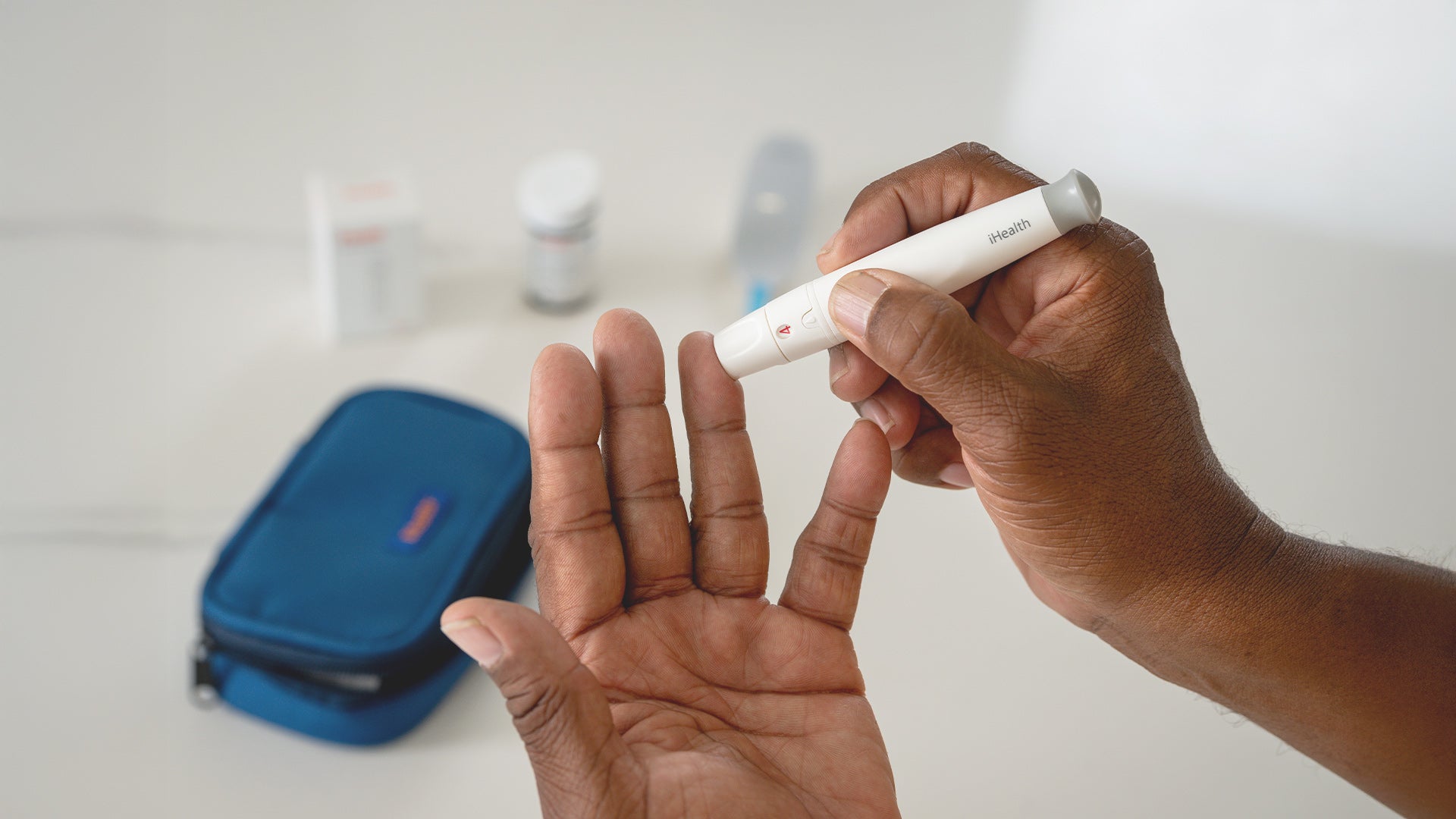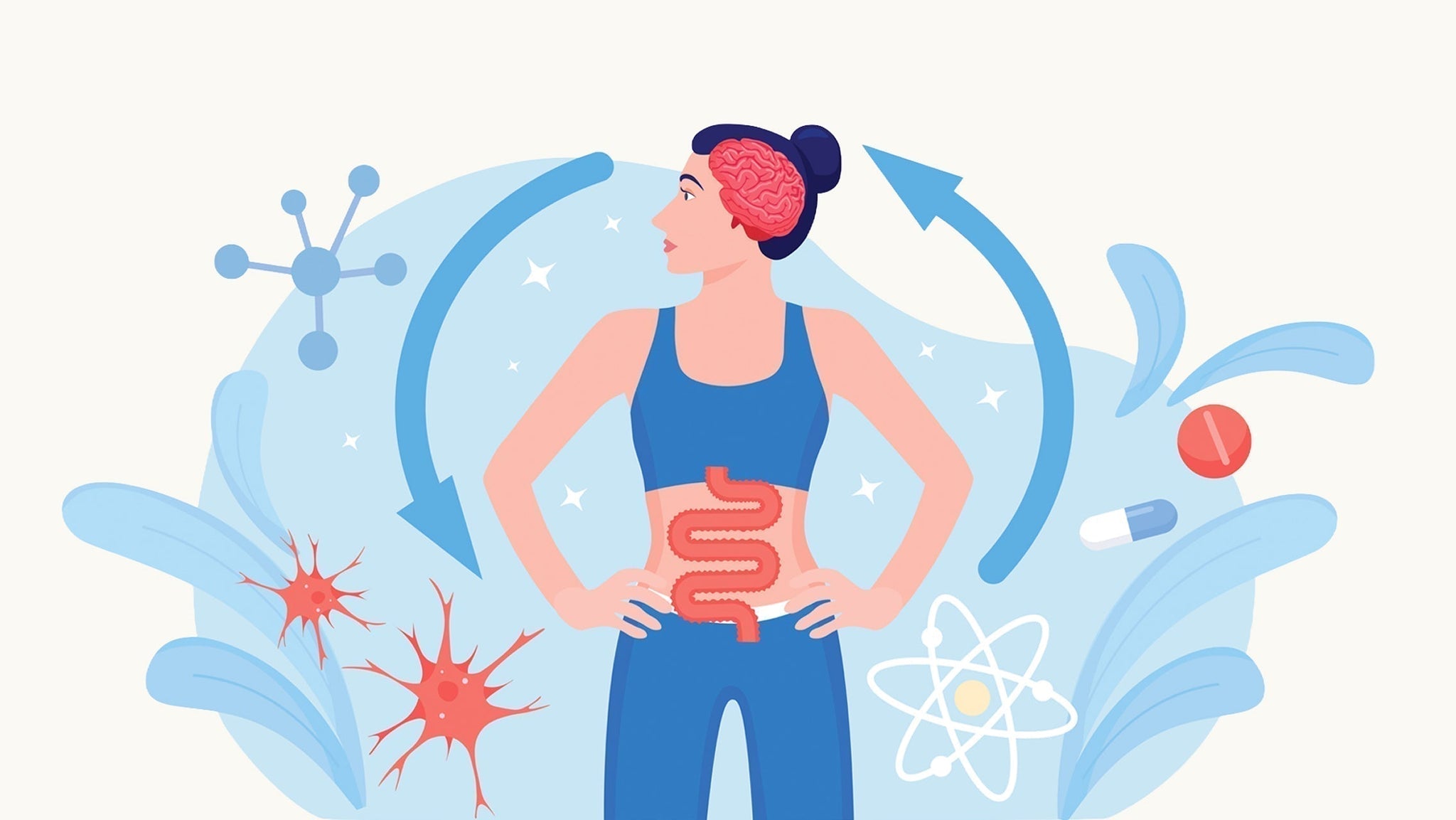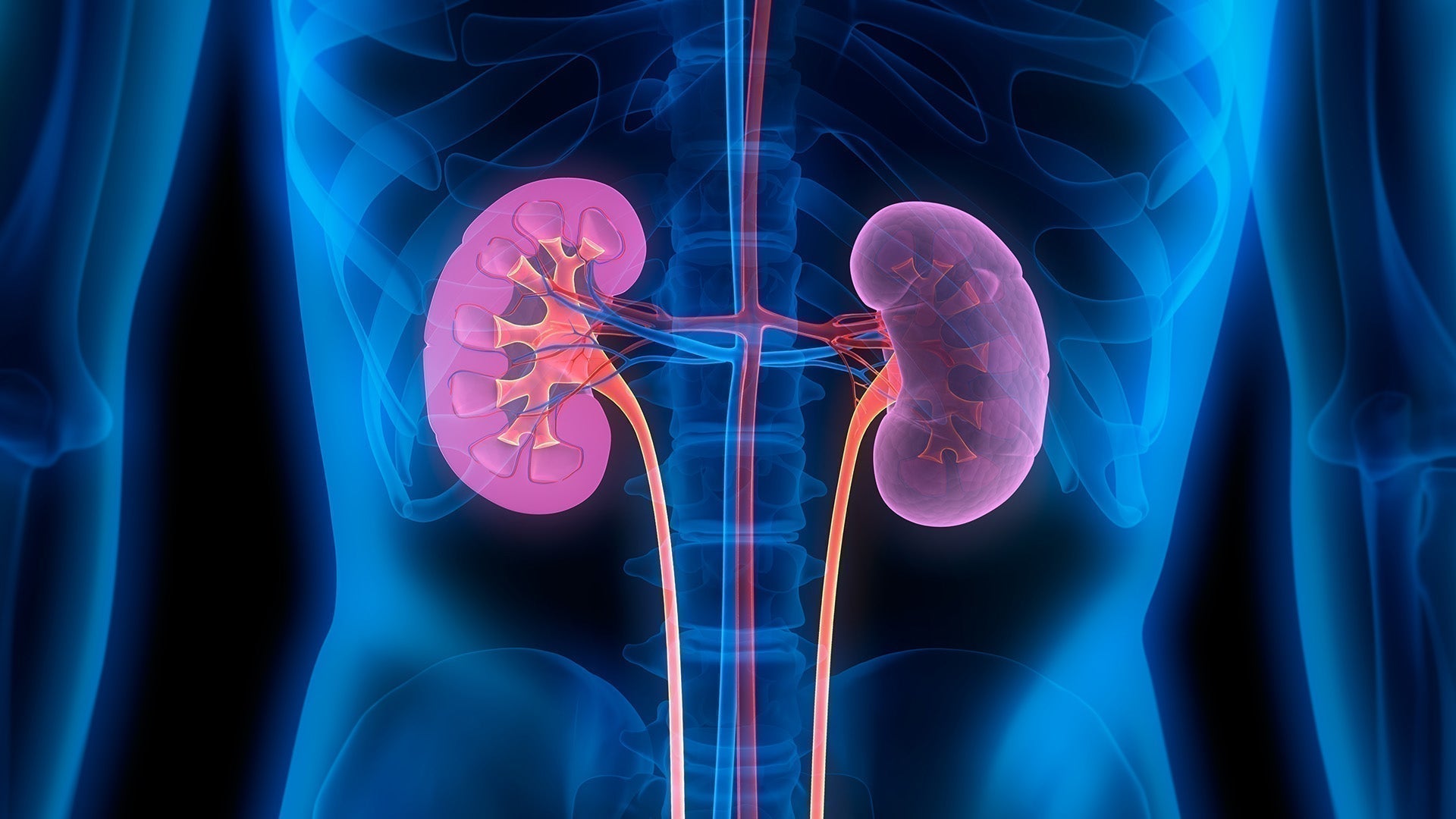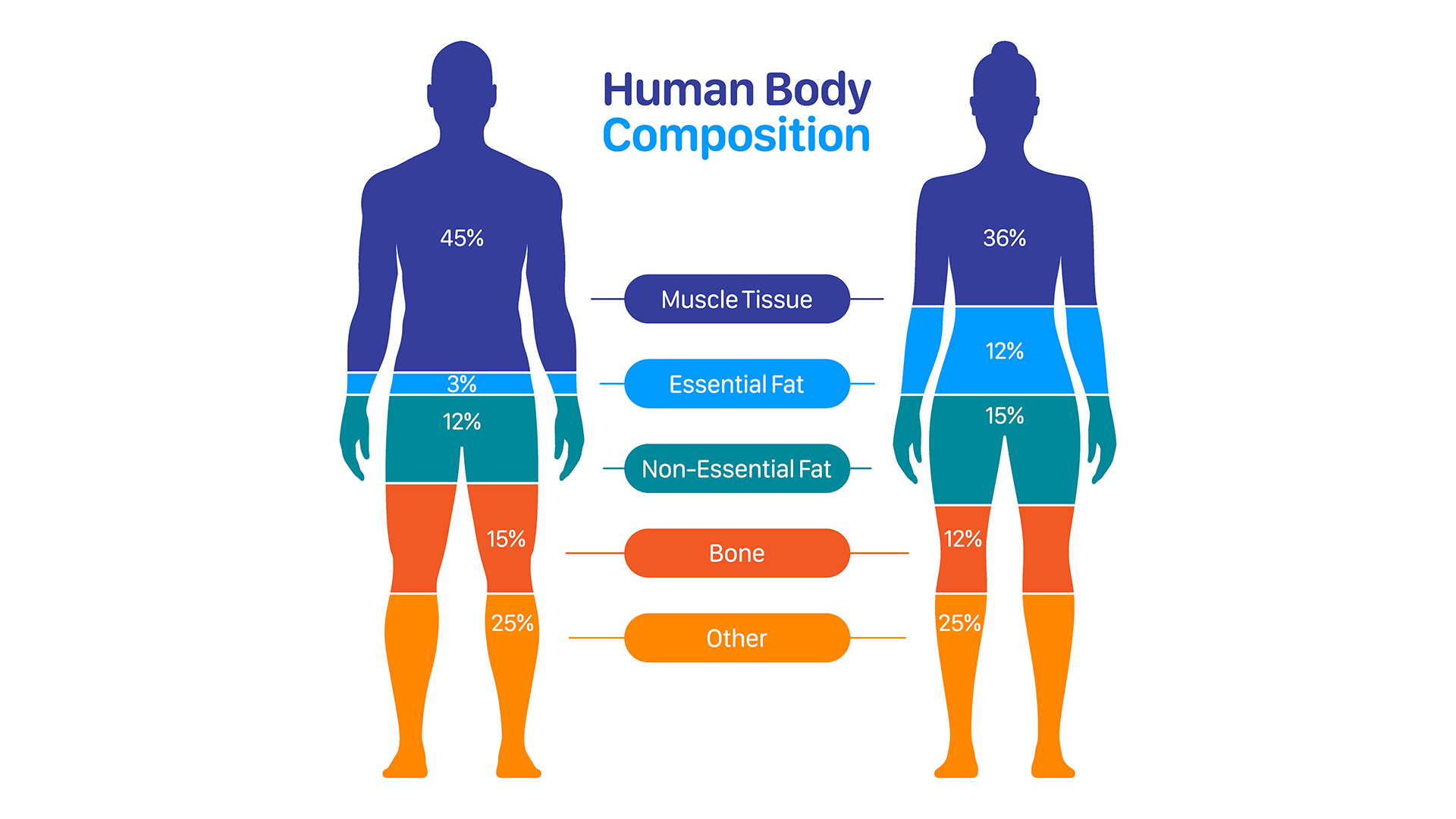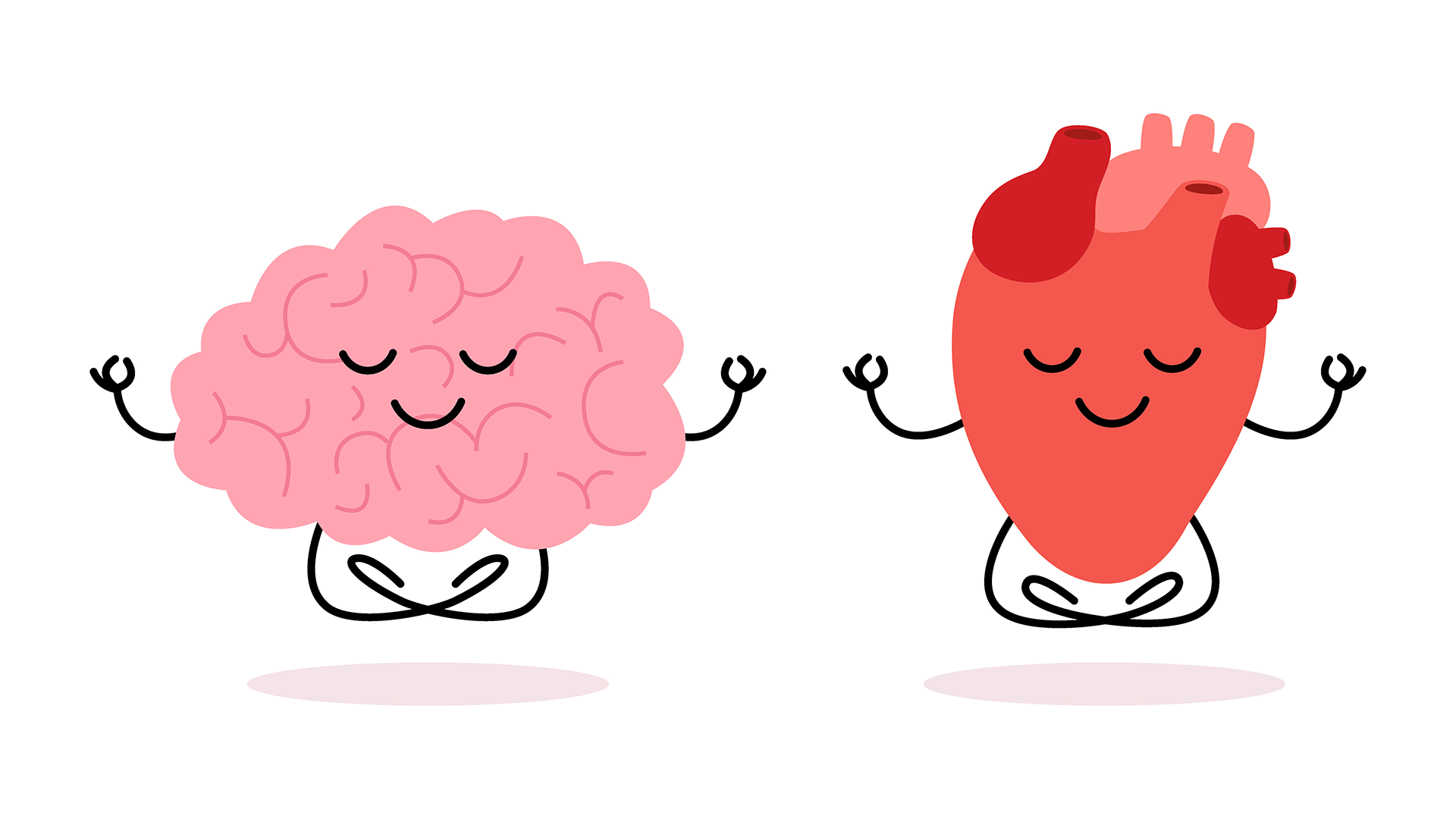Learn Your Way
to A Healthier Life

May is Mental Health Awareness Month—a time dedicated to shining a light on emotional well-being and providing an opportunity to reflect on how we manage stress, care for our minds and support others who might be struggling with their mental health.
According to the CDC, nearly one in 4 U.S. adults (58.7 million people) live with common mental health conditions like major depressive disorder, attention deficit hyperactivity disorder and panic disorder among others. Nearly one in 20 U.S. adults (14.6 million people) live with a serious mental health condition—for example, schizophrenia, bipolar or major depression—that significantly interferes with the ability to carry out life's activities.
While these numbers are concerning, people living with a mental health condition can get better, recover and thrive. Whether you live with a mental health condition or are experiencing mental distress, help and support are available.
The Importance of Professional Support
Speaking with a trained mental health professional provides a reassuring environment to develop coping skills and can significantly help individuals manage stress and mental health conditions. The American Psychiatric Association reported that about 75% of people who enter psychotherapy show some improvement in emotional and psychological well-being after six months. Psychotherapy benefits also include fewer sick days, less disability, fewer medical problems and increased work satisfaction.
While in-person one-on-one counseling can be cost-prohibitive, affordable forms of counseling can be provided via telehealth services, group therapy sessions and counseling centers provided by schools and universities.
Mindfulness and Stress Reduction
Mindfulness practices have gained well-deserved recognition for their ability to cultivate mental clarity and emotional balance. At its core, mindfulness involves training your attention to remain in the present moment with an attitude of openness and acceptance.
The research behind mindfulness is compelling—over 200 studies show that mindfulness-based programs like Mindfulness-Based Stress Reduction significantly reduces stress and improves mood.
Physical Activity, Sleep and Nutrition
Three key lifestyle factors have particularly strong connections to psychological health:
Physical activity releases endorphins and other beneficial neurotransmitters that elevate mood and reduce anxiety. The effects can be both immediate and cumulative—a single workout can lift your spirits, while regular exercise builds long-term resilience. Lancet Psychiatry found that adults who engaged in physical activity (about 2.5 hours per week) had a 25% lower risk of developing depression.
Restorative sleep or deep REM sleep, allows our brains to process emotions, consolidate memories and clear metabolic waste. Adults should get up to two hours of restorative sleep, based on 7 or more hours of sleep nightly, for optimal health.
Nutritious foods rich in omega-3 fatty acids (like fatty fish and walnuts), antioxidants (colorful fruits and vegetables) and complex carbohydrates (whole grains) provide nutrients that support optimal brain function. Staying hydrated and maintaining stable blood sugar through regular, balanced meals helps prevent mood swings and energy crashes.
Human Connections and Personal Time
People are inherently social creatures and meaningful connection with others provides a powerful buffer against life's challenges. Research consistently shows that people with strong social support networks experience better mental health outcomes.
Equally important is carving out time for yourself. Personal time—whether spent painting, reading, journaling or enjoying nature—is essential for stress recovery.
Supportive Environments at Home and Work
While personal habits make a big difference, having supportive environments at home and work enhances emotional resilience. Simple changes like creating a calming home space or taking regular breaks during the workday can help reduce chronic stress.
Organizations that promote employee wellness programs, flexible work schedules and access to mental health resources see better outcomes among their teams. Benefits like mindfulness workshops or quiet rooms have been shown to reduce workplace burnout and improve overall well-being.
During Mental Health Awareness Month, let’s remember that if you’re navigating a stressful season or dealing with symptoms of burnout, a combination of lifestyle changes, mindful stress reduction techniques, reaching out to friends and supportive environments can offer a helpful path forward. If you need additional help, professional therapists and services provided online, through work and via group counseling are available if you need it.
References
- CDC - About Mental Health
- National Institute of Mental Health - Psychotherapy and Therapeutic Relationship
- American Psychiatric Association - Understanding psychotherapy and how it works
- Health Central - How to Find Affordable Therapy
- JAMA Internal Medicine - Meditation programs for psychological stress and well-being
- Lancet Psychiatry - Association between physical exercise and mental health
- Texas Health - How Much Deep, Light and REM Sleep Do You Need?
- CDC - Coping with stress
- University of Kentucky - Creating Calming Spaces
- CDC - Workplace Health Model
Sign Up For More From iHealth
Receive the Latest News and Special Offers




